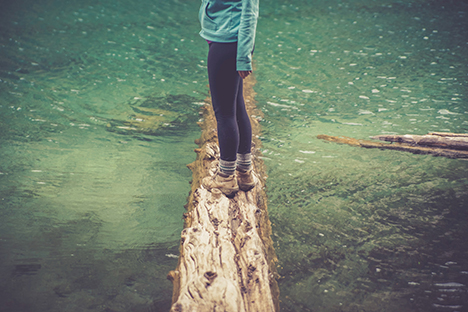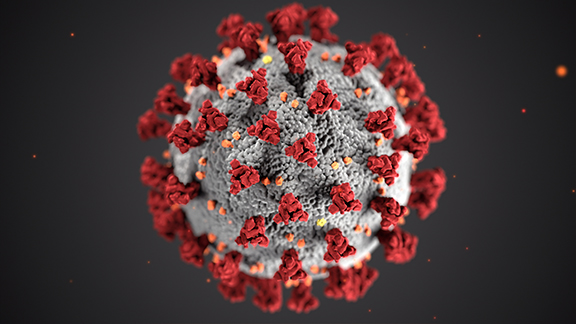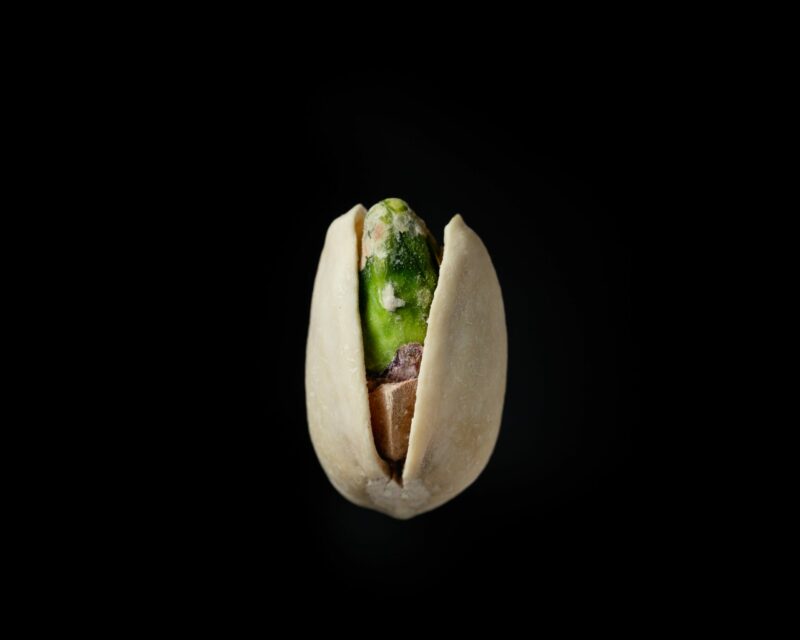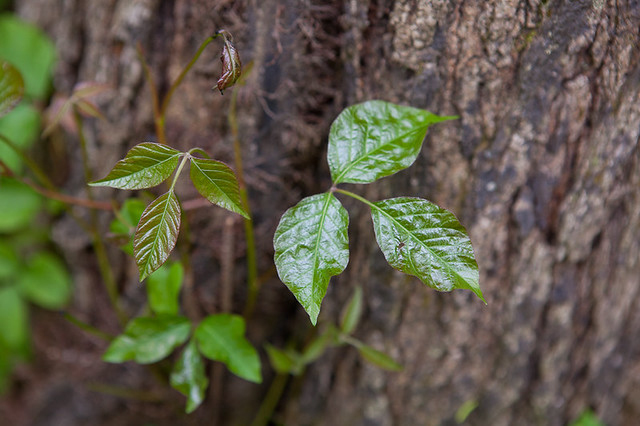Not to complain, but right now I feel like Edward Scissor Hands brushed my teeth for about 3 hours straight, and it’s rather unpleasant. This week, I had gum surgery to repair some recession. This was my third and, thankfully, final one. (They only do small areas at a time.) I’m grateful that this helped prevent me from becoming toothless in my old age, but it would be way better not to get in this situation at all.
Preventing gum issues isn’t only about keeping your teeth and avoiding painful surgeries either. The health of your mouth, teeth, and gums has a massive impact on the health of the rest of your body. Chronically inflamed gums are strongly correlated with many chronic diseases including cardiovascular disease, diabetes, arthritis, cancer, and even Alzheimer’s. The inflammation simmering in the gums can spread to other parts of the body. Because inflammation is at the root of all chronic disease, controlling inflammation in your mouth is an important part of prevention. Also, when your gums are inflamed, weakened, and injured, bacteria can more easily get through and start trouble around the rest of the body.

Brushing, Flossing, and More!
We all know to brush and floss at least twice a day, preferably also after meals. Yadda yadda yadda. But here are a few refinements, some of which I learned only recently.
- An electric toothbrush like Oral B or Sonicare really do clean your teeth better than a regular toothbrush. I couldn’t believe how much cleaner my teeth felt after I started using one 20 years ago. It almost feels like you had a professional cleaning every day!
- My hygienist told me that recent dental research has found that slowing down, and spending a few seconds on each area is much more effective than mindlessly moving the toothbrush around the mouth, like I used to. I think of this new (to me) approach as “mindful brushing”. A little more mindfulness is always a good thing!
- It’s also recommended to angle the brush into the gumline, GENTLY wiggle it, and slowly angle the brush so that you clean the rest of that tooth. Let the brush do the work. Don’t be like me and grind the brush into the gums. There are youtube videos showing this – it’s called the modified Bass technique.
- When flossing, bring the floss down the inner edge of the tooth into the gum, rather than slamming it into the top of the gum between the teeth, if you can picture that. My gums are apparently scarred from doin’ it wrong.
- Now, the next topic makes me want to run screaming down the street wearing an old bathrobe, waving a toilet plunger in the air. Get this – some floss is coated with teflon, that forever chemical that is being phased out because its so toxic and persistent. There are flosses with no teflon, like Cocofloss. Only get the mint flavor though, because the others have synthetic fragrance at this time, which makes me want to put my head through the monitor. (Okay, breathe and relax, Lisa.)
Mouthwash Kills!
You know how the intestinal microbiome (the good bacteria in the gut) is so incredibly important for every aspect of our health? Well, your mouth has a microbiome too! It’s made up of 20 billion microbes with 600 different organisms, all highly organized in different neighborhoods in your mouth.
It might sound gross but those critters are an important part of your immune system. They keep pathogenic microbes in check and help you digest food. We should not kill them. Listerine, first developed to sterilize operating rooms, demolishes the protective ecosystem you have in your mouth. If you really want to swish something around in your mouth, try oil pulling with coconut or sesame oil. This is an Ayurvedic practice that’s excellent for gums and teeth, whitens your teeth naturally, and helps you to detoxify. Check here for more info.
Lactobacillus species are particularly important for a healthy oral microbiome. You can “repopulate” your mouth by eating yogurt with active cultures or other fermented foods on a regular basis. Some experts even suggest letting the yogurt sit on your tongue for a few moments. The non-dairy options are excellent and better for you overall. Forager vanilla is almost dessert like, but does contain a little sweetener. I really enjoyed the Kite Hill plain as well, especially after I put some berries in it.
Tongue Scraping
It’s not as bad as it sounds. In fact, once you start tongue scraping, you’ll never go back. Tongue scraping is another Ayurvedic technique to cleanse the bacterial debris (they call it “ama”) off your tongue. It’s usually recommended first thing in the morning.
To scrape your tongue, you can get a stainless steel or copper tongue scraper, like Banyan Botanicals’ Tongue Cleaner. Stick your tongue out and and gently move the scraper across the surface of the tongue back to front five times, rinsing the scraper after each round. Follow with brushing and flossing.
Trust me, you’ll love it!
Mouth Breathers Beware!
I always thought “mouth breather” was just an insult kids hurl at each other. Turns out, there are health related reasons not to breathe out of your mouth. Our saliva is important for maintaining pH, cleansing the oral cavity, nourishing the oral microbiome, and facilitating healing of any gum injuries. When you breathe through your mouth, your saliva evaporates and the oral cavity dries out. You also lose more hydration when you breath through the mouth vs the nose. You end up with more plaque, which causes gum recession, inflammation, and bad breath. Research has found that mouth breathing actually changes facial structure in kids, resulting in an elongated face, crooked teeth, gummy smile, and more.
So breathe through your nose! If your nose is stuffy, investigate the cause. It could be food sensitivities (especially gluten and dairy), synthetic fragrance in your home or detergent, or allergies. After my friend Kim told me about “Breath” by James Nestor, I’ve been working really hard to breathe through my nose during exercise, which has a nice side effect of increasing cardioprotective nitric oxide.
If you tend to breathe through your mouth when you sleep, they actually suggest putting a bit of tape on your lips. It won’t stay the whole night, but over time can train your brain to keep your mouth closed. The good news is that as you retrain yourself to breathe through your nose, the passages open up more and nose breathing becomes more natural.
Dental Armageddon
As if we aren’t dealing with enough, some experts are concerned that the pandemic is also ushering in a “dental armageddon”, from missed or delayed appointments, stress, or possibly even masks. There have been reports of increased gingivitis in patients who never had that before, an upswing in broken teeth possibly due to stress-related teeth grinding, and complaints of “mask mouth”. Masks increase the temperature of your mouth area by 2 degrees C, which modulates the oral microbiome. Compounding that, people may tend to breathe through their mouth when they wear a mask. When wearing a mask, be sure to breathe mainly through your nose and stay well hydrated. As you know, steer clear of antiseptic mouthwash, because that will only exacerbate the issues.
Nutrition for Gum Health
After I already was committed to doing the surgeries, I came across “Nutritional Medicine” by a Alan Gaby MD. It’s a treasure trove of natural health approaches to a huge variety of medical issues. He recommends excellent nutrition for gum health including avoiding refined carbohydrates, and taking specific nutrients like Coq10 (ubiquinol), folate, zinc, vitamin E, vitamin D, and ensuring sufficient copper and calcium. (Don’t supplement with calcium or copper without verifying there is a need.) He also shared this amazing case report:
“I saw a 49-year-old woman with moderately severe periodontal disease who had been told by her periodontist that she needed extensive surgery. She was advised to take 60 mg/day of CoQ10, to use 5 ml of 0.1% folic acid mouth rinse twice a day, and to brush buffered vitamin C (calcium ascorbate) powder gently into the gums once a day. After 1 month of treatment, the periodontist remarked with surprise that her condition had improved substantially and that she no longer needed surgery.”
If you’ve been warned that you’re heading toward gum surgery, this might be a cool experiment that could save you some physical and financial pain. Be sure you get the exact vitamin C recommended – calcium ascorbate.
You can read the entire chapter for free here.
Summary to Smile About
We’ve known for decades how important it is to take care of our mouth, teeth, and gums. In these wacky times, it’s more important than ever, and maybe even more challenging than ever, to practice excellent oral hygiene. Just as the eyes are the windows to the soul, the mouth is the gateway to the body. Oral hygiene is an important pillar of overall health.



